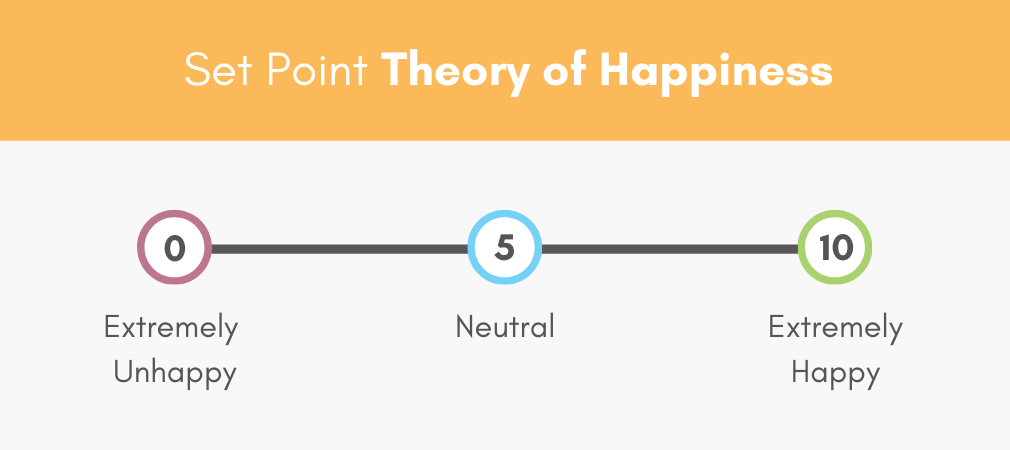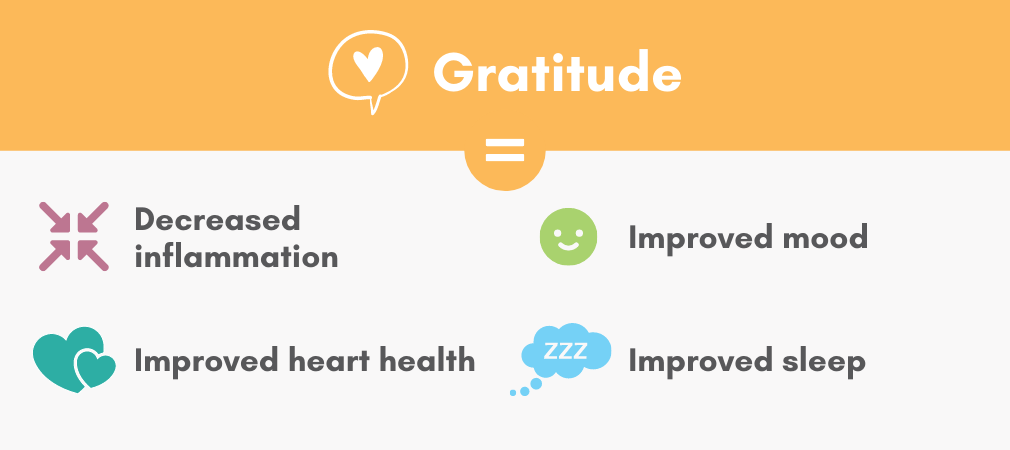A Surprising And Pleasant Way To Help With Self-Control
Being impulsive can be a challenge for us all from time-to-time.
And when strong emotions come into play, it can be even more challenging to maintain self-control.
But what if I told you there is an emotion that can help you with self-control.
Well, there is!
Dickens & Desteno (2016), in the Journal of Emotion, found that being grateful not only helped to reduce impulsive behaviour, but it also helped to increase self-confidence.

Participants in this study were asked to use daily gratitude boosters over three weeks and record their emotional states.
After three weeks, people were asked if they would rather have $30 now or $50 in the future.
Results showed that people who had higher levels of gratitude in their daily lives were better able to delay gratification (i.e., they chose to take the $50 at a later date), which demonstrates more patience and less impulsivity.
Take-Home Message
Delaying gratification isn’t just merely an exercise in discipline, as gratitude is one factor that can impact self-control.
Next time you are faced with a situation where it would be beneficial to delay gratification (e.g., buying something expensive before you have the money, eating something unhealthy before it’s a cheat day on your healthy eating plan, etc.), I encourage you to take 5 minutes to focus on something you are grateful for in your life.
If you need a little help coming up with gratitude ideas, please feel free to read our Gratitude Checklist:
25 Ways To Be More Grateful In Your Daily Life
3 Ways Gratitude Can Help Make Your Life Better
And for those of you who aren’t entirely sold on setting aside time to practice gratitude, let’s take a look at a few more scientific benefits of being grateful.
Hopefully, this will help to sway you. Let’s get started.
1. Makes You Happier
When it comes to emotions, I’ve long subscribed to a set point theory.
What does that mean?
If you were to rank any of your emotions on a scale of 0 to 10, where 0 is the low end, and 10 is the high end, I believe that most mental health issues (except for Bipolar Disorder and Schizophrenia) are similar to body weight and will generally settle at a set point with some variability.
Over time, if you continue to do the right things (e.g., a few weeks), that number will begin to improve gradually.
If you do the wrong things over a period of time, the number declines.
Happiness, in particular, seems to have a relatively stable set-point that can be difficult to move.
This is what makes practicing gratitude particularly compelling.
Emmons & McCullough (2003) had study participants write down five things they were grateful for once a week for the 10-week duration of the study.
Results showed that happiness levels increased by 25% over the course of the study.
Now that’s an impressive jump in happiness, especially for such a minor task with a small time commitment.
2. Motivate Others
Generally speaking, it makes the most sense to focus on motivating yourself and making changes internally.
Why?
It can be hard enough to change yourself, and you have full control over that!
But, I’m relatively sure that there are going to be times in your life when it would come in real handy if you could motivate someone to help you out.
So, how does motivating someone else lend itself to gratitude?
Grant and Gino (2010) completed a series of studies in which they looked at the power of a “Thank You.”
One particularly interesting study showed that merely sending a “Thank You” email doubled the number of people willing to help in the future.
Why did this work?
Because people felt needed and more socially valued when someone acknowledged their efforts with a “Thank You.”
So, if you want to motivate others, making them feel needed and valued is critical. And only taking a few moments to say, “Thank You” is a great way to do it.
3. Helps Your Heart
When it comes to the health of your heart, most of us generally think about diet and exercise, with little thought about mental health.
Managing stress may come to mind, but being grateful would not likely be viewed as an essential strategy for a healthy heart.
Mills et al. (2015) conducted a study in which they had study participants with heart issues complete a gratitude journal.
The gratitude journal involved merely writing down three things every day that created feelings of gratitude.
Results showed that study participants had reductions in several critical inflammatory biomarkers that influence heart functioning.
Study participants also experienced better mood and improved sleep.
And if you choose to use the strategy of writing down three things you are grateful for every day, remember to switch it up.
Habituation hurts the effectiveness of gratitude.
Do you practice gratitude?
Are there any mental health benefits from gratitude that surprise you?
Article by
Trevor Sullivan, MA, RP
Registered Psychotherapist
August 19, 2020


